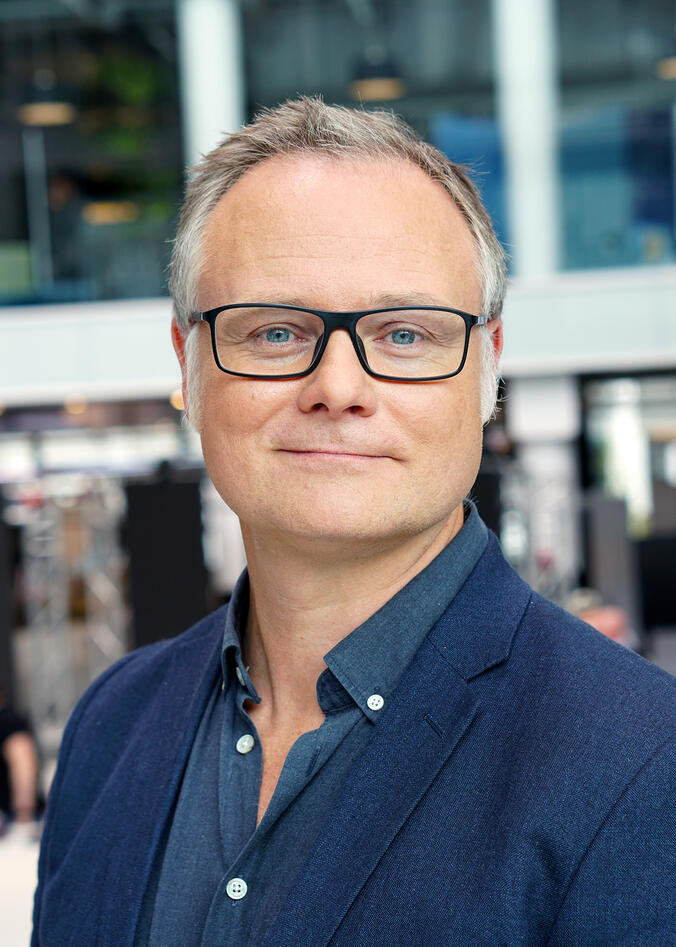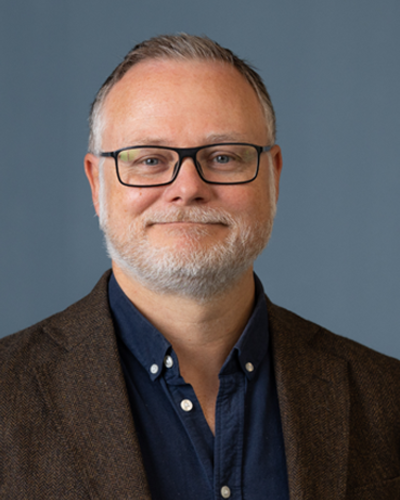Inequality
Inequality is a multidimensional and complex challenge to human development, prosperity and well-being. We aim to improve our understanding of the interconnections between several dimensions of inequality in different contexts, and to produce better knowledge on how to address inequalities and move towards greater equality.

Main content
An increasing amount of knowledge has established that inequality is a multidimensional and complex challenge to human development, prosperity and well-being. Research has also suggested that inequalities – in wealth, lifespan or through geography – may actually be increasing rather than being reduced. In the Inequality pillar of Bergen School of Global Studies, we approach inequality through multidimensional and plural research, and understand that inequality is irreducible to socio-economic indicators alone. To combat inequality, we need to research issues as wide-ranging as global questions of data sovereignty, health disparities across the world, and questions of citizenship in the world’s emerging megacities, to name just a few.
The pillar is led by the Global Research Programme on Inequality (GRIP), a radically interdisciplinary research programme that views inequality as a fundamental challenge to human well-being, and works to foster co-designed processes of knowledge creation to understand and address the multiple dimensions of rising inequalities.
Our global, interconnected world is characterised by new constellations within various realms of knowledge—including culture, policy, economics and society. This calls for more diverse, critical and integrated scientific approaches; entailing a re-thinking of relations across domains often approached separately, such as racism/xenophobia and climate change, or the emergence of new digital technologies and the exponential growth of knowledge systems at a global level.
In addition to being based in social sciences, we seek to involve health, data, natural and other scientists, in co-designed processes of knowledge construction.
GRIP works to connect global and critical research on inequality in a way that can contribute to systemic transformations. Our research aims to better understand the multiple facets of inequality, including economic, social, political, cultural, environmental and knowledge-based inequalities, and to contribute to addressing these through producing actionable and relevant research.
Courses and subjects taught in English
Spring
FIL336 Environmental Ethics (Trygve Lavik)
FIL349 Political Philosophy (Jesse Tomalty)
GLODE311 Development Practice (Helga Bjørnøy Urke)
GEO-SD321 Model-based Socioeconomic Planning (Matteo Pedercini)
GOV325 Discretion and Paternalism (Marit Skivenes)
INTH360 Global Nutrition (Ingunn Marie Engebretsen)
INTH344 Migration and Health (Esperanza Diaz)
INTH321A Experimental Epidemiology (Thorkild Tylleskär)
JUS250-2-C Health and Human Rights in the Welfare State (Henriette Sinding Aasen)
JUS276-2-B European Human Rights (Bjørnar Borvik)
JUS291-2-A EU and EEA State Aid Law (Malgorzata Cyndecka)
MABVA317 Childhood and Parenting in Diverse Contexts (Gaby Ortiz Barreda)
RELMIN646 Freedom of Religion (Michael Stausberg)
RELV360 Jews and Antisemitism in Modern Europe, 1789-1945 (Alexander van der Haven)
Autumn
BIO382 Aquatic Food Production (Erik Jan Robert Lock)
FIL328 Moral Philosophy (Espen Gamlund)
GEO330 Theories of Sustainable Land Use (Ole Reidar Vetaas and Connor Cavanagh)
GLODE308 Gender Analysis in Global Development — Core perspectives and issues (Haldis Haukanes)
GLODE309 Foundations of Health Promotion (Helga Bjørnøy Urke)
JUS276-2-C Human Rights and Welfare Policies (Henriette Sinding Aasen)
PSY303 Global Psychology (David Sam)
SDG303 Global Health - challenges and responses (Thorkild Tylleskär)
Taught irregularly
ECON324 Public Economics (Rita Ginja)
RELMIN639 Latter Day Saints and Society in the West, c. 1830-1950 (Frode Ulvund)
RELMIN641 Buddhism in Contemporary India (Knut Jacobsen)
RELMIN643 Religious Minorities in Israel (Alexander van der Haven)
Relevant undergraduate courses:
Autumn
PED200 Education in a Changing Society (Gry Heggli)
MUV280 Popular Music Studies (Thomas James Solomon)
Master's degree programmes taught in English
Global Development Theory and Practice
How can human rights and social justice be integrated in development processes? How do we appraise the consequences of global governance and the politics of aid? How does climate change impact on sustainable development? This programme gives you a thorough understanding of global development processes through critical evaluation of relevant theories and the contexts of sustainable human development.
Contact: Siri Lange
Public Administration
Public Administration is the study of administration, organization and politics. The programme develops analytical skills through the use of relevant theories of organization and institutions. You will also learn how to design suitable research methods to study current complex governance and policy issues and their implications.
Contact: Ishtiaq Jamil
System Dynamics
In a complex and developing world, we need theories, methods and tools to help us understand, manage, and communicate effectively. System dynamics studies how and why things change over time.
Contact: Birgit Kopainsky
Global Health
Finding sustainable solutions to global health problems is urgent in an increasingly globalised and unequal world. Health is an indicator of inequality and needs to be addressed in a broader perspective. This programme places a priority on improving health and achieving health equity for all people worldwide, with a special focus on health problems in low- and middle-income countries.
Contact: Ingunn Engebretsen
Master of Arts Religious Minorities
The Religious Minorities master’s programme is experience-based and dedicated to exploring religious minorities in their religious, socio-political and cultural surroundings across time and space. The programme aims to give its attending students an in-depth understanding of the the significance of religious minorities issues in contemporary cultural and political contexts. This is a full-time or part-time online Master’s programme.
Contact: Michael Stausberg
Sustainability
This programme gives students expertise in interdisciplinary approaches to dealing with global challenges. Using systems thinking and modelling approaches, the programme provides the students with the knowledge, skills and competencies required for understanding, analysing and shaping solutions to wicked problems in ways that are societally, ecologically and economically sustainable.
Contact: Kjetil Rommetveit
Relevant research milieus at UiB
Centres
Global Research Programme on Inequality (GRIP)
Centre for Women's and Gender Research (SKOK)
Departments
Department of Administration and Organization Theory
Department of Comparative Politics
Department of Geography
Department of Health Promotion and Development
Department of Social Anthropology
Department of Sociology

